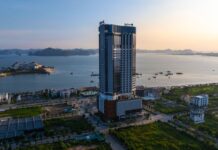What is the procedure for a final appeal? What are the steps involved in this process? These are familiar questions about the final appeal procedure. Therefore, to gain more knowledge on this issue, please join us in this article.
1 What is a final appeal procedure?
Based on Article 325 of the 2015 Civil Procedure Code (CPC): Final appeal is the “review” of judgments or decisions of the Court that have taken legal effect (have been adjudicated and are in the enforcement phase) but are subject to a final appeal by a competent person (through a document called the “Final Appeal Decision”), due to the discovery of serious violations of the law in the case handling.
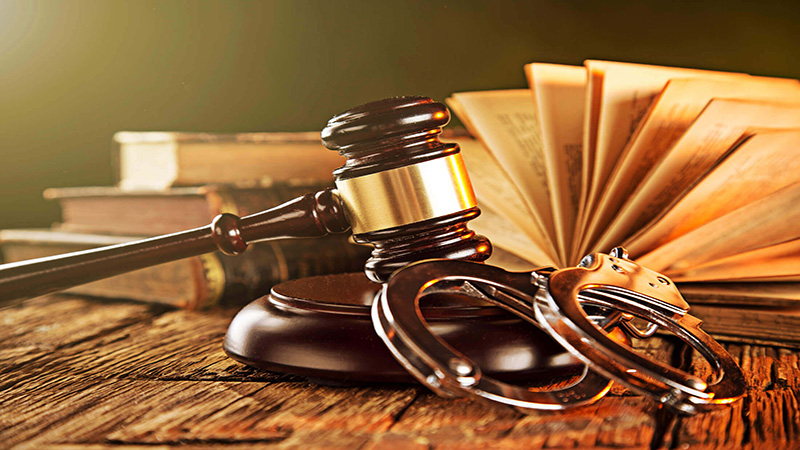 Final appeal procedure
Final appeal procedure
The provisions on matters related to the final appeal procedure are stipulated in Part Four, Chapter 18 of the Civil Procedure Code. Thus, it is necessary to understand that:
-
“Final appeal” is not a trial of a case in the ordinary procedure (which the law stipulates as having two levels: First Instance and Appeal) but is a procedure to review the previous trial.
-
Through a “final appeal trial”, the final appeal panel will make its conclusion – in a procedural document called the “Final Appeal Decision” – regarding the appealed judgment.
-
Second, a judgment or decision that has taken legal effect can only be considered under the final appeal procedure when there is a “Final Appeal Decision” by a person with the right to final appeal.
2 Who has the right to final appeal?
Upon discovering one of the grounds for final appeal stipulated in Article 371 of the 2015 Criminal Procedure Code, the following persons shall have the right to final appeal:
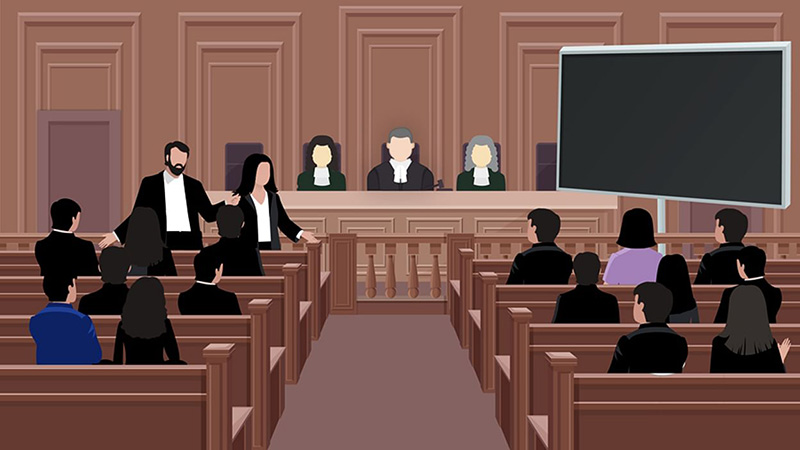 Subjects with the right to final appeal
Subjects with the right to final appeal
The Chief Justice of the Supreme People’s Court and the Prosecutor General of the Supreme People’s Procuracy have the right to final appeal against judgments and decisions that have taken legal effect of the People’s Court of Appeal; judgments and decisions that have taken legal effect of other courts when deemed necessary, except for decisions of the Council of Judges of the Supreme People’s Court;
The Chief Justice of the Central Military Court and the Chief Prosecutor of the Central Military Procuracy have the right to final appeal against judgments and decisions that have taken legal effect of the Military Court of the Military Zone, the Regional Military Court;
The Chief Justice of the Court of Appeal, the Chief Prosecutor of the Court of Appeal have the right to final appeal against judgments and decisions that have taken legal effect of the Provincial People’s Court, the District People’s Court within the territorial jurisdiction.
3 Final appeal procedure according to the Criminal Procedure Code
The final appeal procedure according to the Criminal Procedure Code shall be carried out in the following steps:
The written notification must include the following contents: Date, month, and year; Name and address of the notifying agency, organization, or individual; Judgment or decision of the Court that has taken legal effect and has been found to violate the law; Content of the violation of the law detected; Proposal for the competent authority to consider the final appeal.
This document must be signed or thumbprinted by the notifier, and if an agency or organization notifies, the representative must sign and seal.
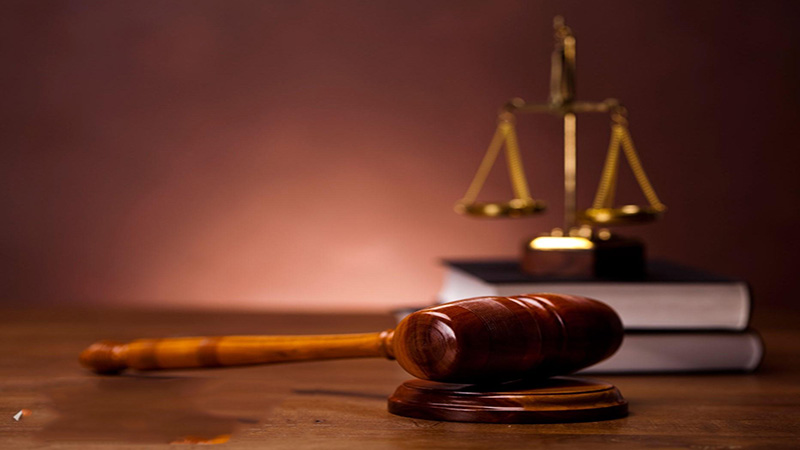 Final appeal procedure according to the Criminal Procedure Code
Final appeal procedure according to the Criminal Procedure Code
If the Court and the Procuracy both request in writing, the Court holding the case file shall transfer it to the agency that made the request first and notify the agency that made the request later.
4 Time limit and grounds for final appeal
Time limit for final appeal
Based on Article 334 of the CPC, the time limit for final appeal can be up to 3 years.
The time limit for final appeal can be extended by 2 years from the expiration of the time limit for final appeal if the following conditions are met:
-
The litigant has requested the competent authority to consider the final appeal and continues to make such a request after the expiration of the time limit for final appeal.
-
The grounds for the final appeal are that the legally effective judgment seriously violates the law, causing serious harm to the rights and interests of the litigant, third parties, and the public interest, and the final appeal is necessary to rectify the errors in that judgment.
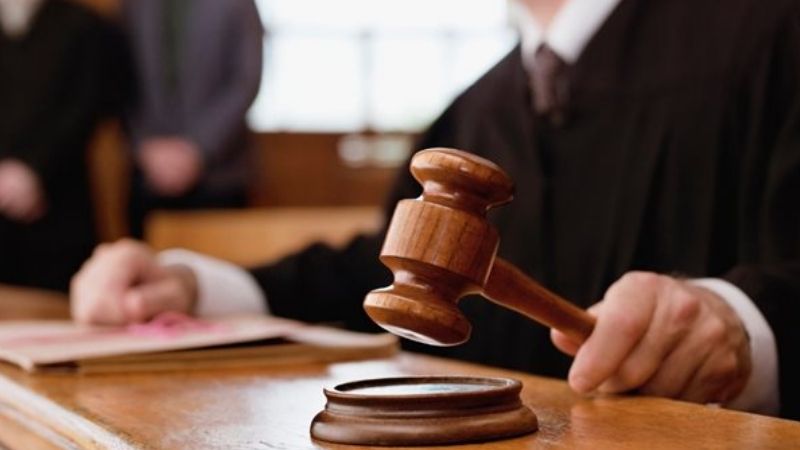 Time limit and grounds for final appeal
Time limit and grounds for final appeal
Grounds for final appeal
-
The conclusions in the judgment are inconsistent with the objective circumstances of the case, causing damage to the rights and interests of the litigant.
-
There are serious violations of procedural rules that prevent the litigant from exercising their procedural rights and obligations.
-
There are errors in the application of the law, leading to an incorrect judgment.
We have provided you with information about the final appeal procedure. If you have any further questions or concerns about this issue, please refer to and research more on this topic!




















